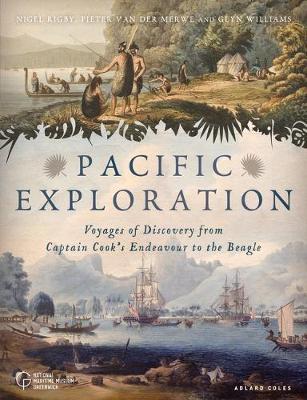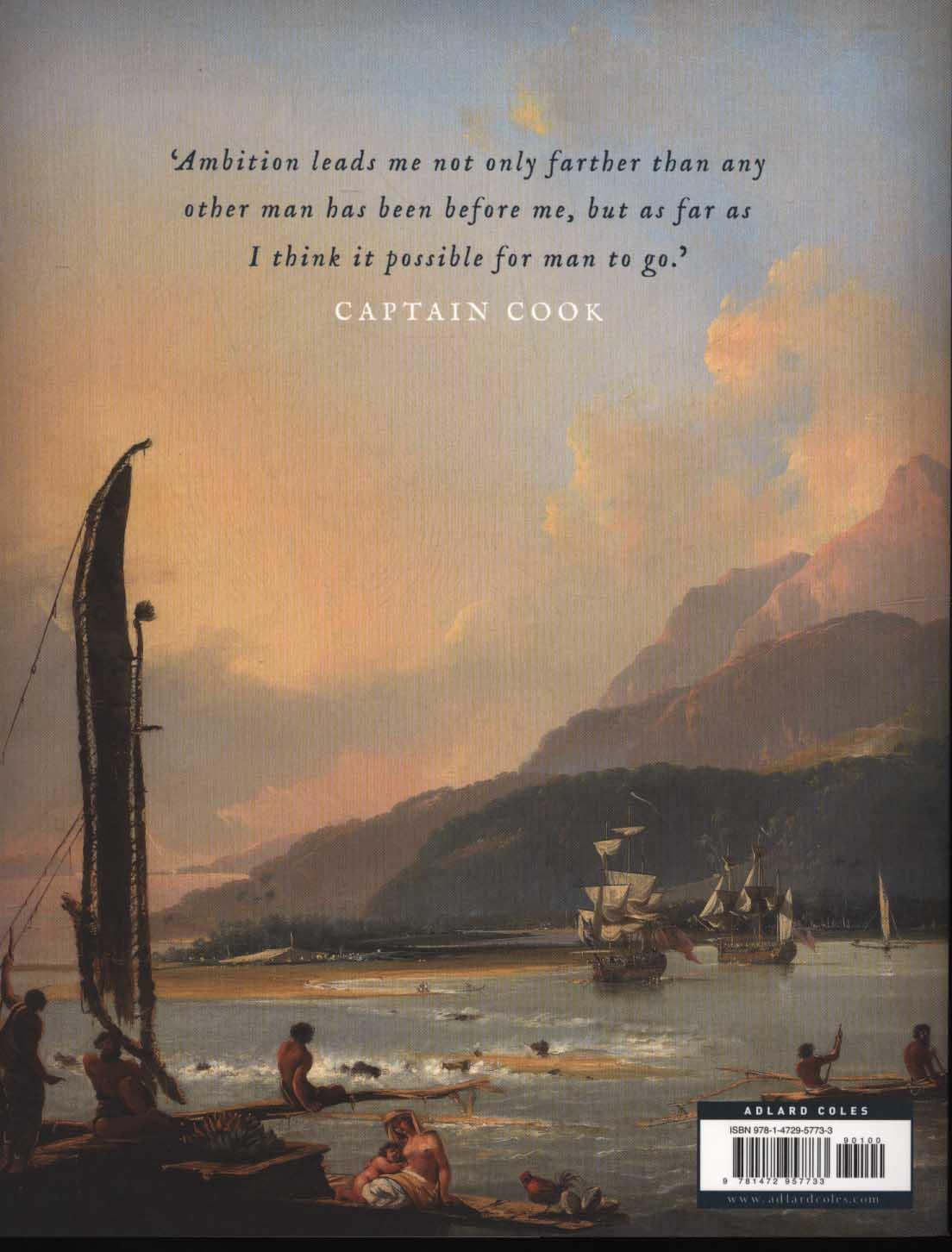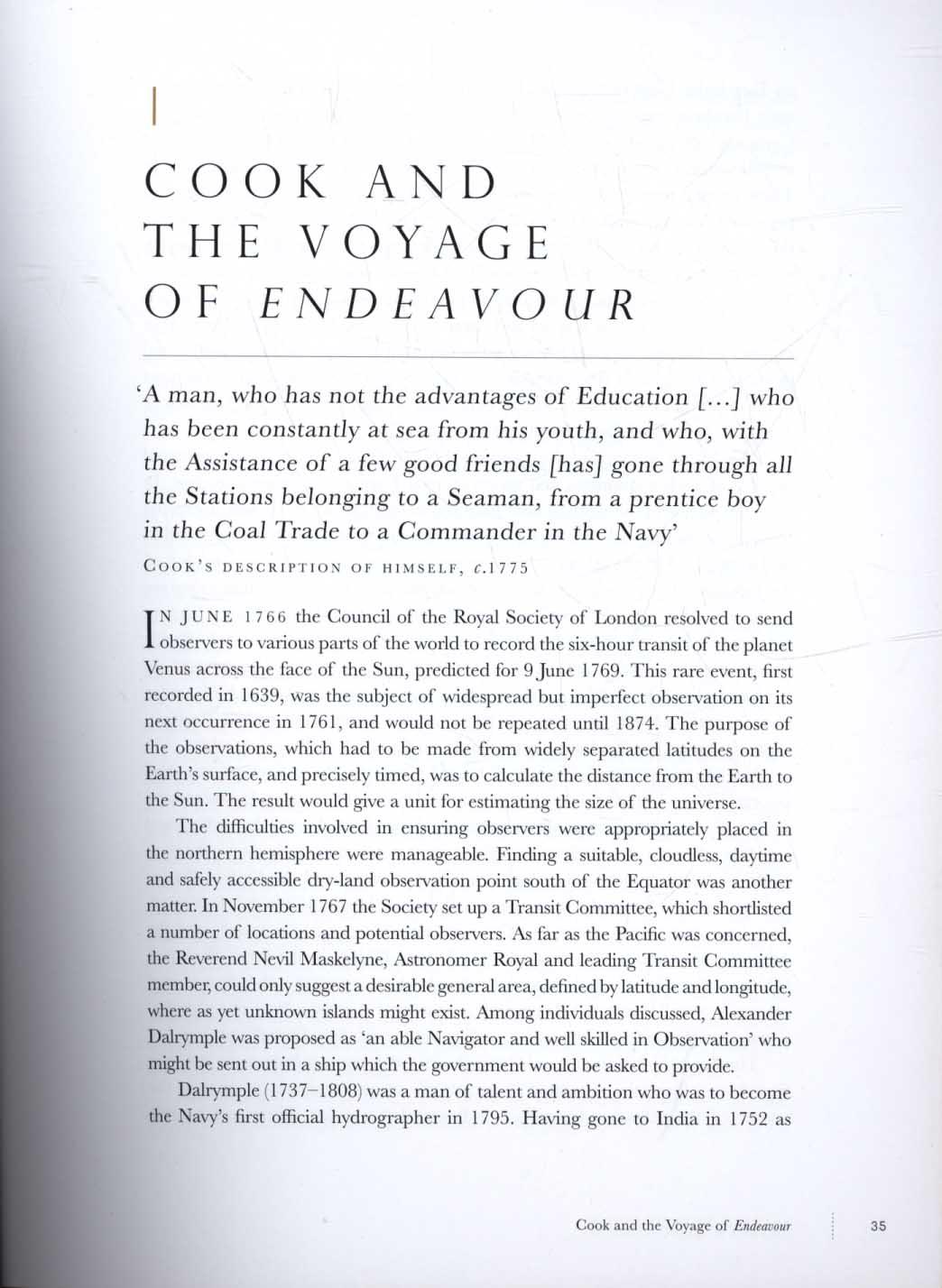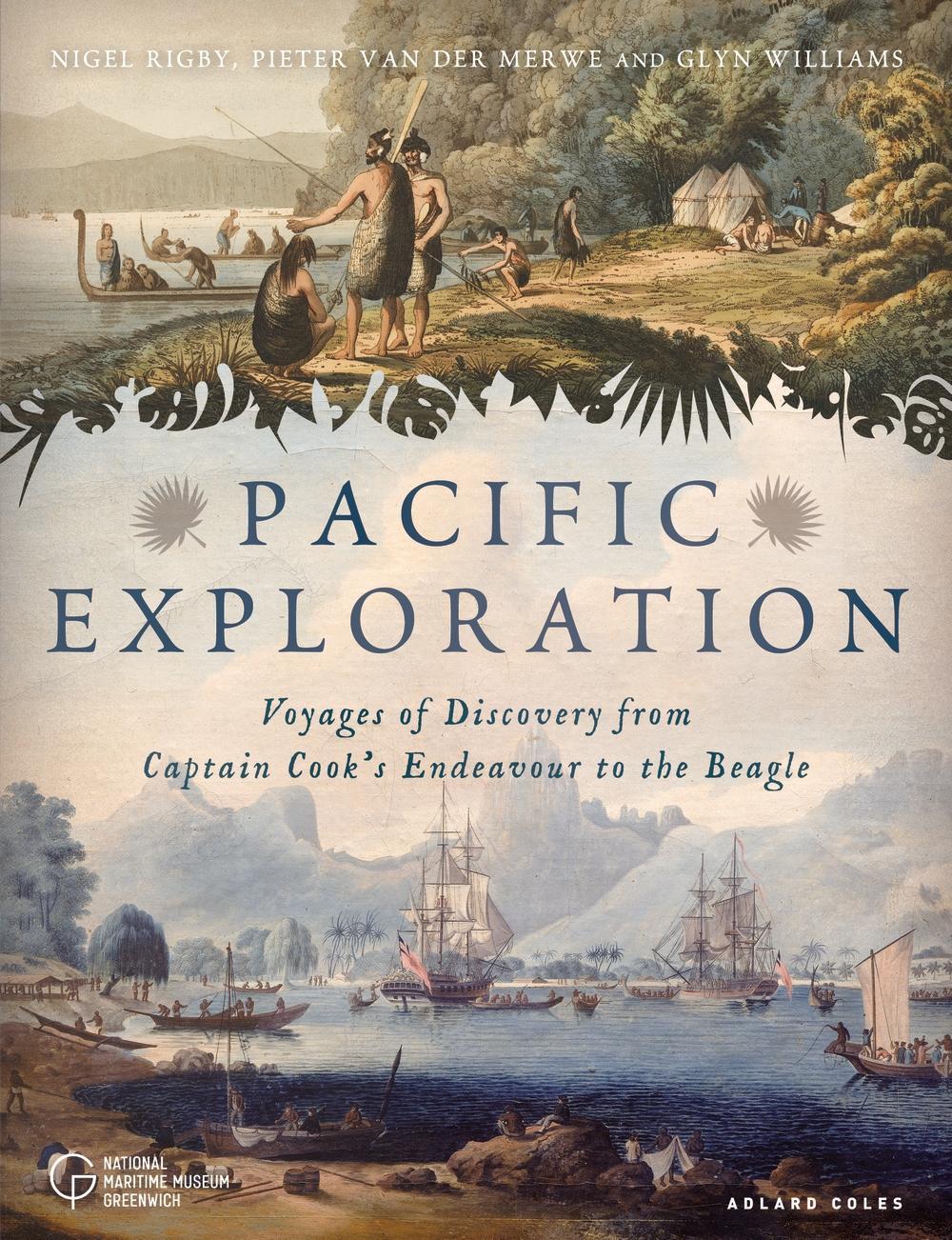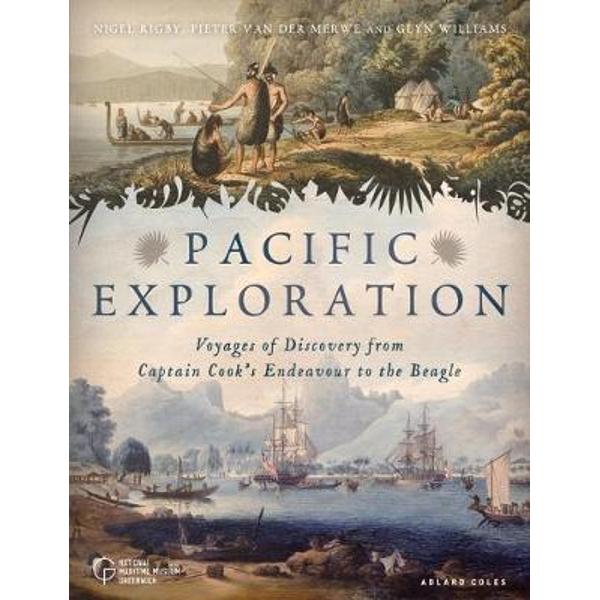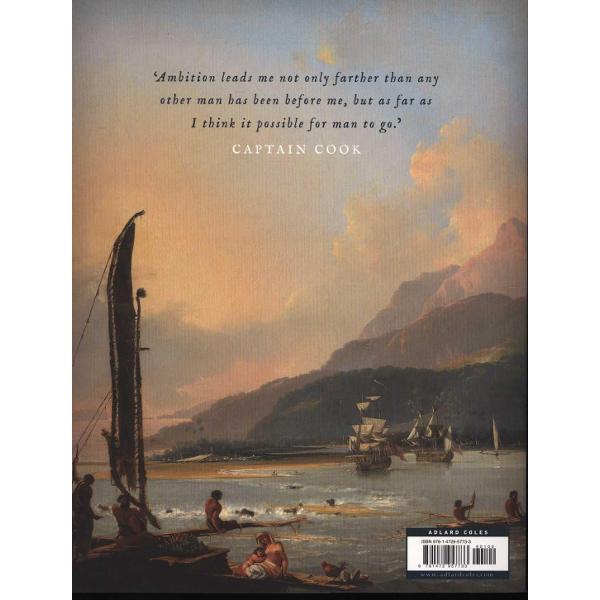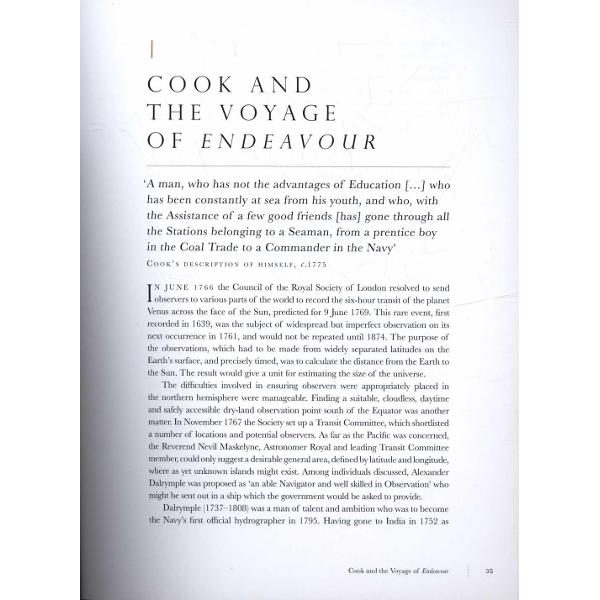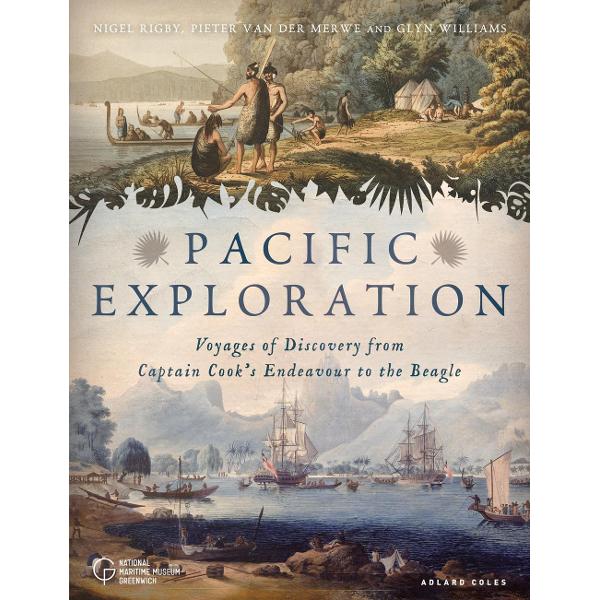Pacific Exploration
Pacific Exploration
But while Cook understandably dominates the story of 18th-century Pacific exploration, the achievements of those who followed him on many voyages of science and exploration into the Pacific have been neglected and deprived of the greater attention they deserve. Correcting this imbalance, Pacific Exploration explores the European voyages that continued Cook's work not only of charting but also starting to exploit and control the Pacific. These voyages, by William Bligh, George Vancouver, Matthew Flinders, Malaspina, Laperouse and Arthur Phillip, span a period that saw Britain becoming the world's leading maritime power, a situation well in place by the time that Charles Darwin's voyage in Fitzroy's Beagle laid the basis of even greater understanding of the development of life on earth.
Recounting and illustrating these achievements and legacies using fascinating text and beautiful illustrations and artworks from the period, this book explores topics of scientific discovery, engagement with indigenous peoples, the use of shipboard artists and scientists, the growing professionalism of the hydrographic service, the vessels used and the colonial, commercial and imperial contexts of the voyages.
PRP: 169.83 Lei
Acesta este Pretul Recomandat de Producator. Pretul de vanzare al produsului este afisat mai jos.
152.85Lei
152.85Lei
169.83 LeiLivrare in 2-4 saptamani
Descrierea produsului
But while Cook understandably dominates the story of 18th-century Pacific exploration, the achievements of those who followed him on many voyages of science and exploration into the Pacific have been neglected and deprived of the greater attention they deserve. Correcting this imbalance, Pacific Exploration explores the European voyages that continued Cook's work not only of charting but also starting to exploit and control the Pacific. These voyages, by William Bligh, George Vancouver, Matthew Flinders, Malaspina, Laperouse and Arthur Phillip, span a period that saw Britain becoming the world's leading maritime power, a situation well in place by the time that Charles Darwin's voyage in Fitzroy's Beagle laid the basis of even greater understanding of the development of life on earth.
Recounting and illustrating these achievements and legacies using fascinating text and beautiful illustrations and artworks from the period, this book explores topics of scientific discovery, engagement with indigenous peoples, the use of shipboard artists and scientists, the growing professionalism of the hydrographic service, the vessels used and the colonial, commercial and imperial contexts of the voyages.
Detaliile produsului








